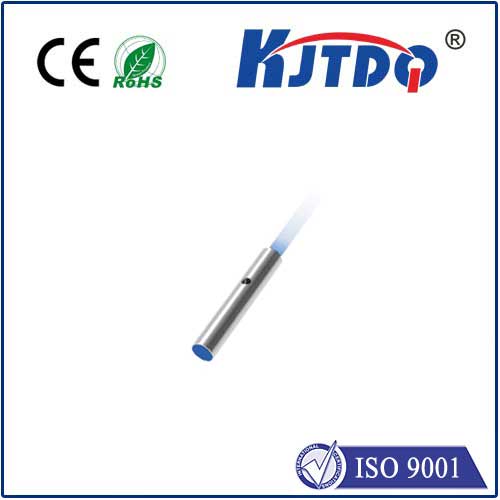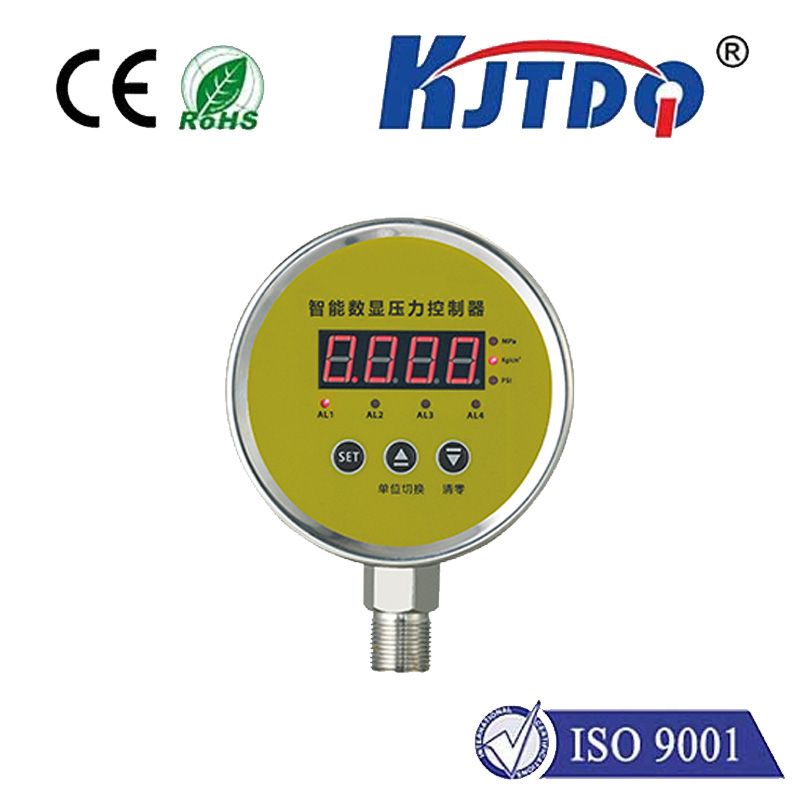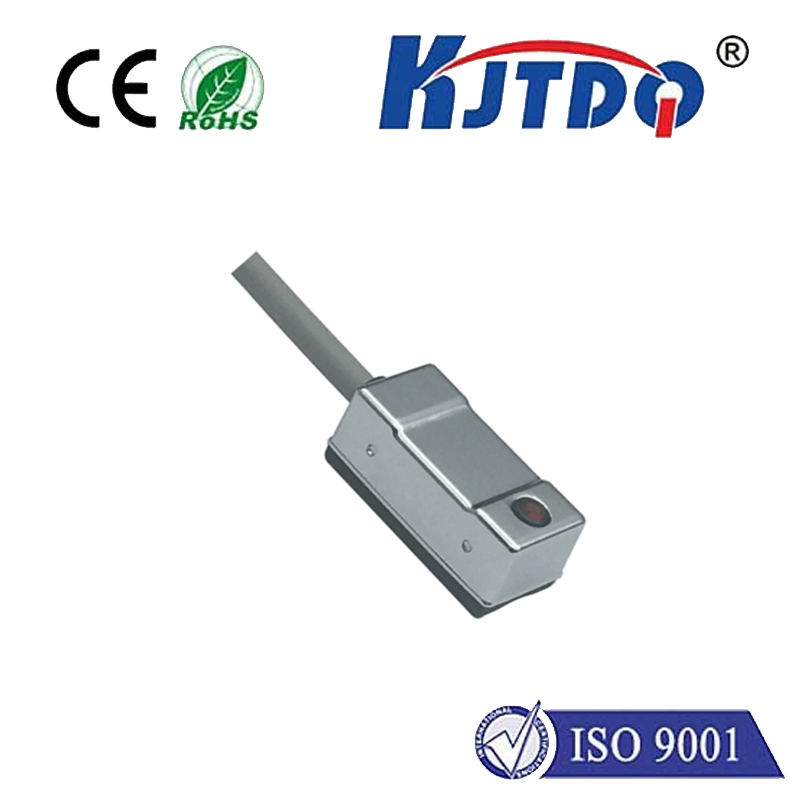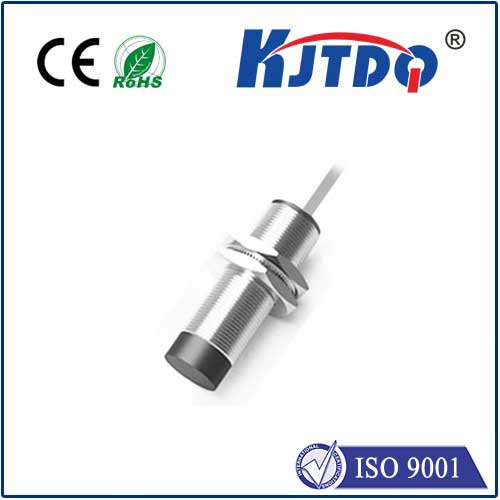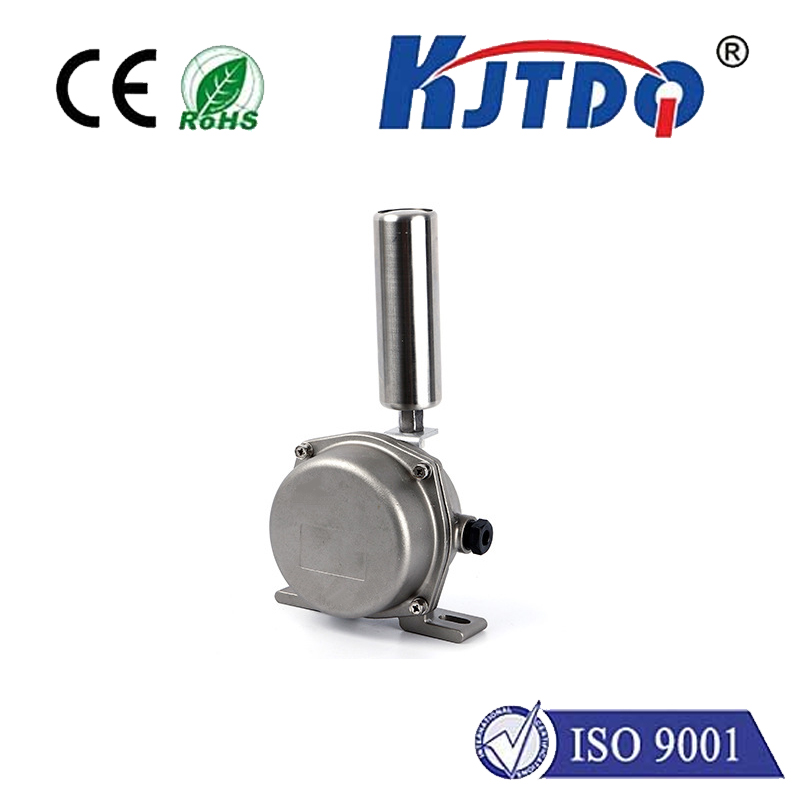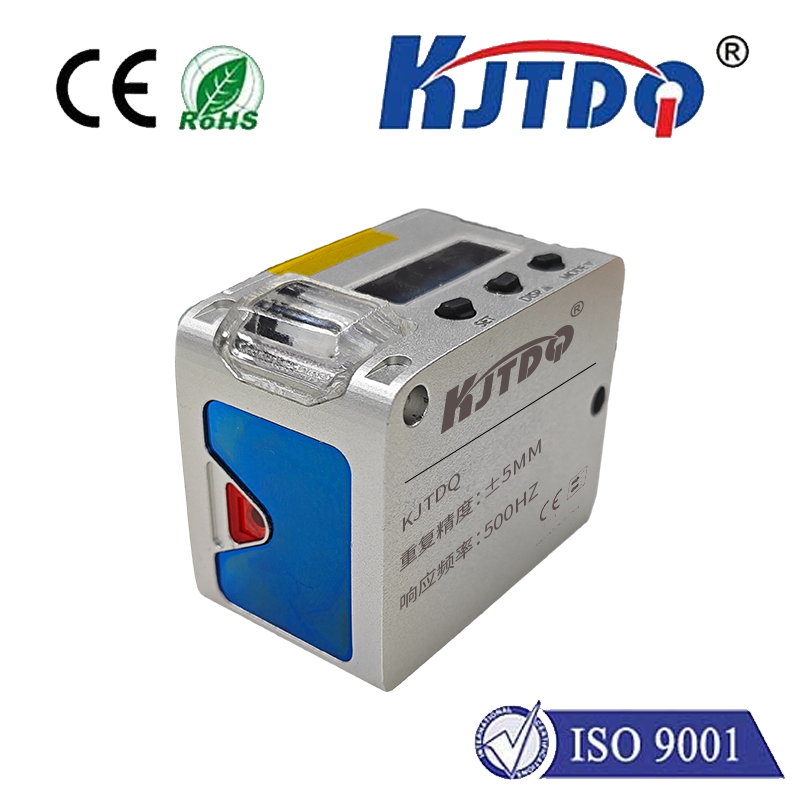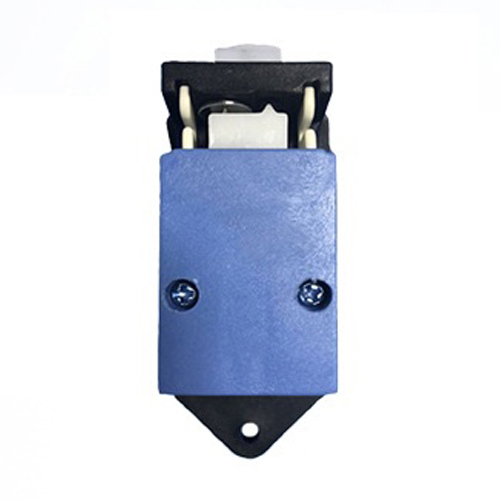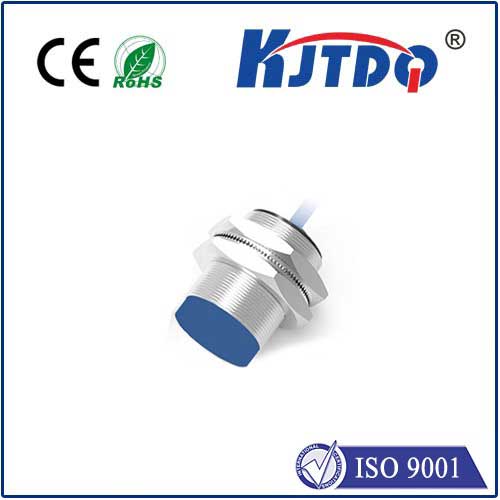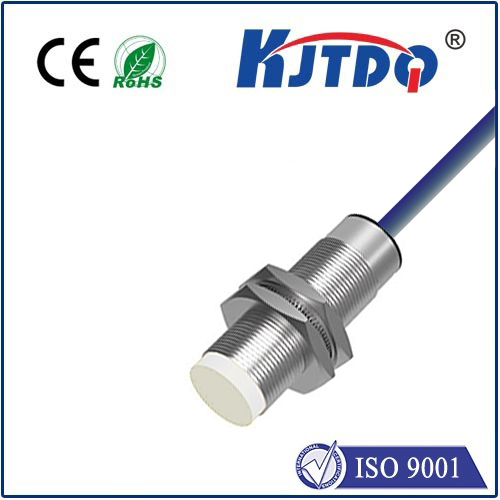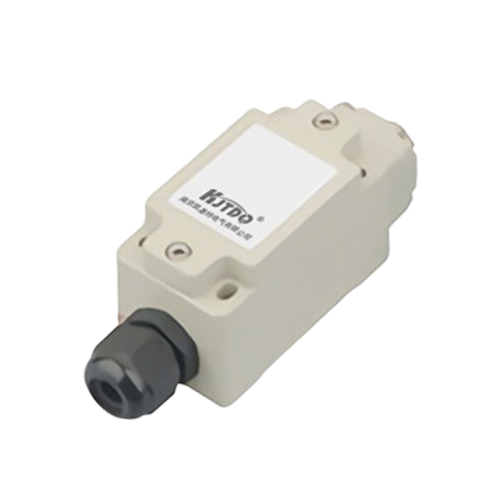
Проверка

Проверка

Проверка

Проверка
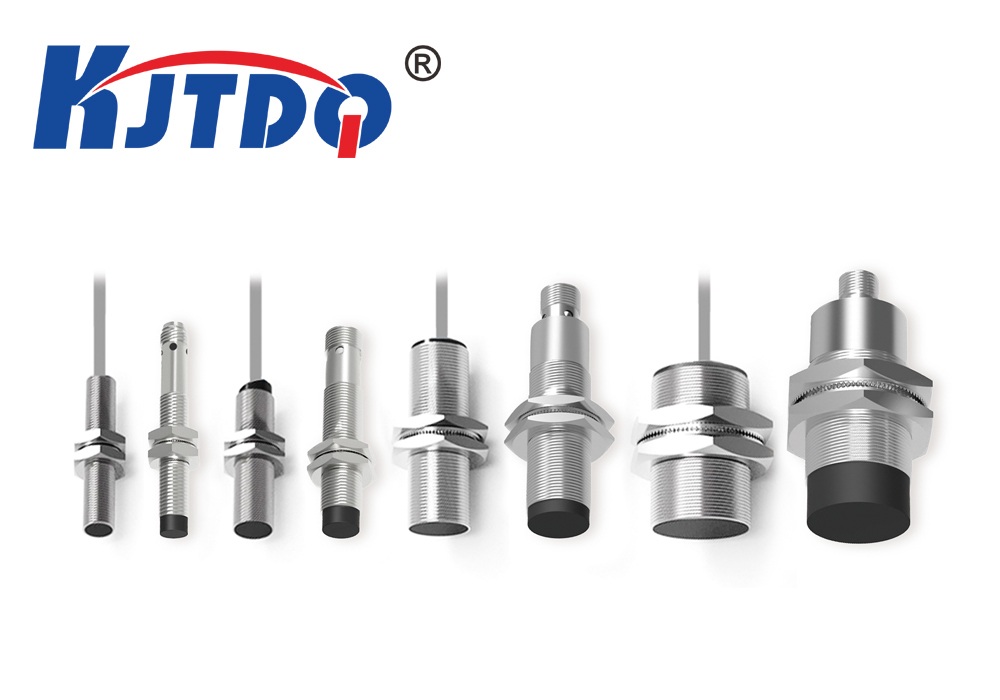
Проверка

Проверка

Industrial Pressure Sensor: The Heartbeat of Modern Industry In today’s fast-paced industrial landscape, the role of a pressure sensor cannot be overstated. These unassuming devices are the unsung heroes behind many of the processes that drive modern industry forward. An industrial pressure sensor is designed to detect and measure the force exerted by a liquid or gas per unit area within a system. It then converts this measurement into a signal that can be read by a monitoring system, triggering further actions in real time. The Significance of Industrial Pressure Sensors Pressure sensors serve as critical components in various industrial sectors, including manufacturing, automotive, aerospace, healthcare, and energy production, among others. They ensure the seamless operation of machinery and systems by monitoring pressure levels continuously and making necessary adjustments. Accurate pressure measurements prevent equipment failure, enhance safety measures, optimize energy efficiency, and ultimately lead to cost savings. Working Principle of Industrial Pressure Sensors Industrial pressure sensors function based on one of several principles such as piezoresistive, capacitive, or inductive methods. Piezoresistive sensors exploit the change in electrical resistance of certain materials when subjected to stress. Capacitive sensors measure the displacement resulting from pressure changes, while inductive sensors use electromagnetic fields to detect alterations in pressure. Advanced Features and Innovations With technological advancements, modern industrial pressure sensors come equipped with sophisticated features like wireless connectivity, self-diagnostic capabilities, and enhanced durability. Smart sensors can communicate directly with plant management systems, providing real-time data and analytics. This interconnectedness allows for proactive maintenance, reducing downtime and extending the lifespan of equipment. Choosing the Right Pressure Sensor Selecting the appropriate pressure sensor for an application depends on various factors including the type of fluid or gas being measured, the pressure range, temperature considerations, and environmental conditions such as humidity and chemical exposure. It is essential to choose a sensor that not only meets these criteria but also complies with relevant industry standards and regulations. Maintenance and Troubleshooting Regular maintenance is crucial to ensure the longevity and accuracy of industrial pressure sensors. This includes routine calibration, inspection for wear and tear, and addressing any operational anomalies promptly. In case of malfunctions, troubleshooting steps may involve checking electrical connections, examining the sensor element for damage, or recalibrating the device. Future Prospects As industries evolve towards automation and smarter processes, the importance of reliable and efficient pressure sensors will only intensify. Future innovations are likely to focus on enhancing sensor sensitivity, reducing size while increasing robustness, integrating artificial intelligence for predictive maintenance, and developing sensors capable of functioning in extreme conditions. In conclusion, industrial pressure sensors are indispensable tools that contribute significantly to the efficiency, safety, and sustainability of industrial operations worldwide. Their continuous development promises to propel industries into the future, enabling smarter, more responsive, and resilient processes.
